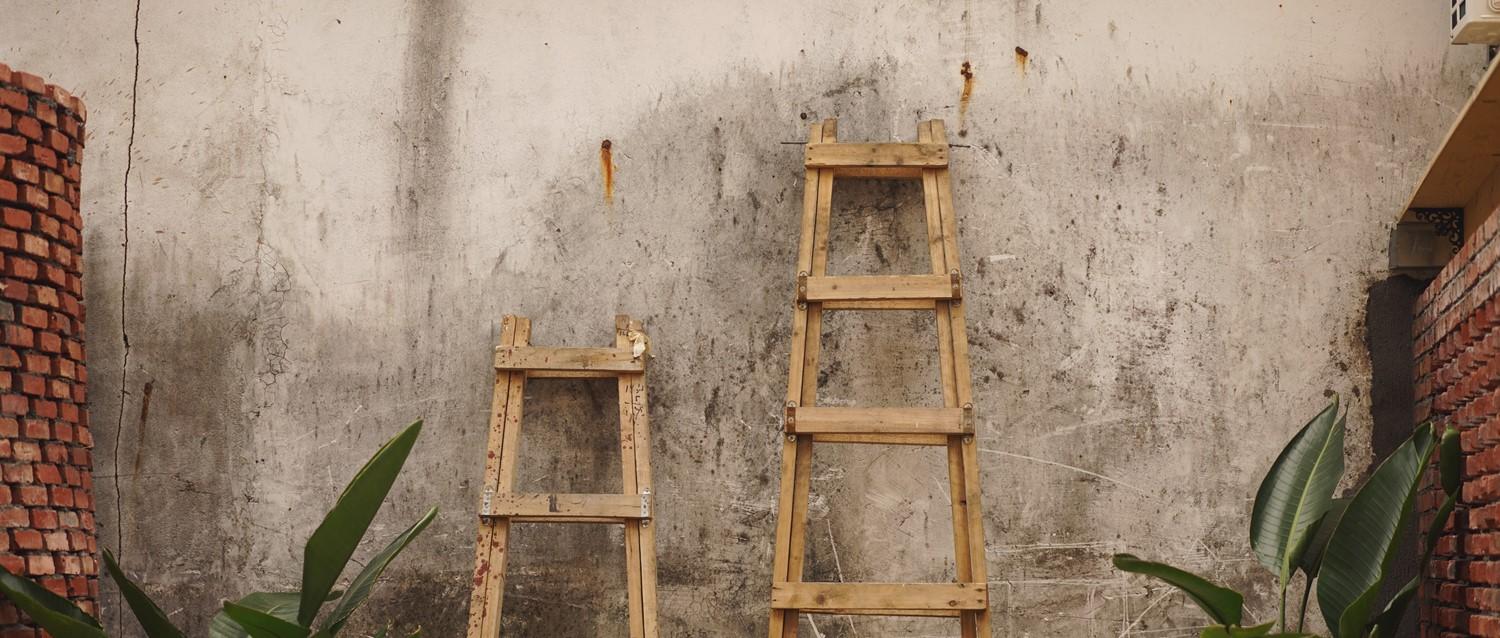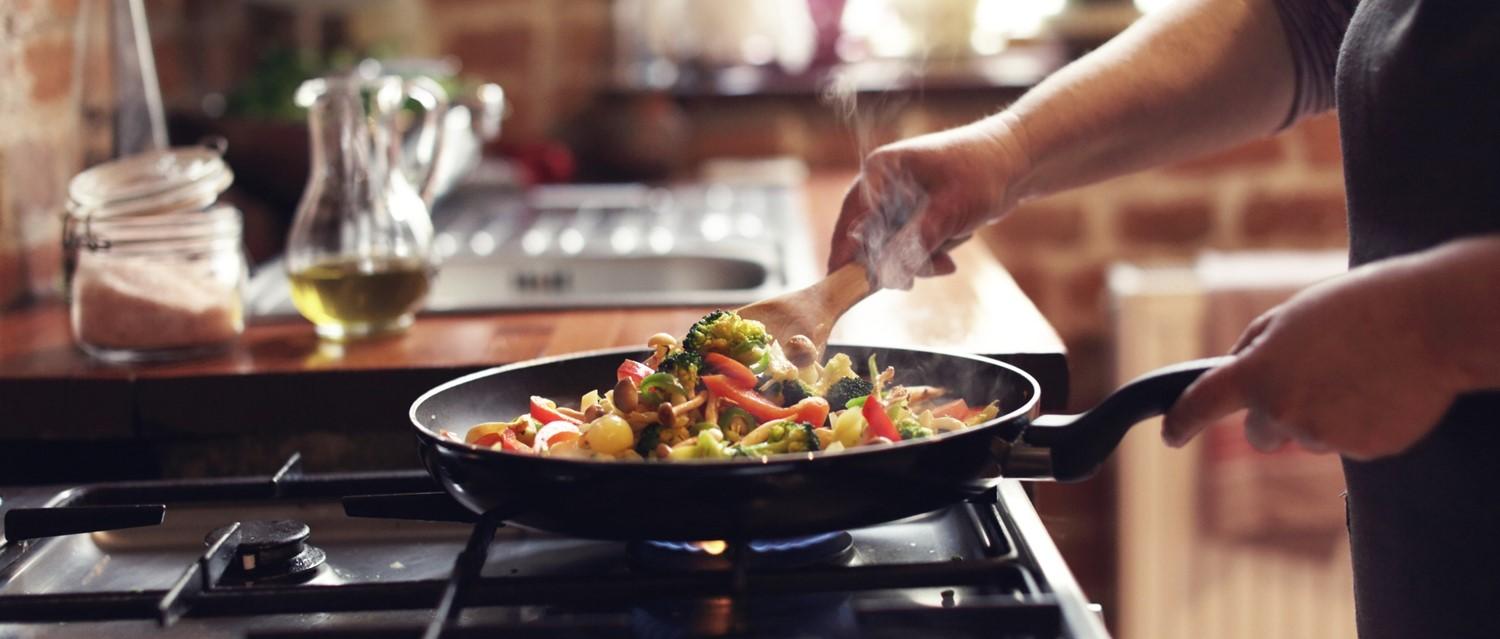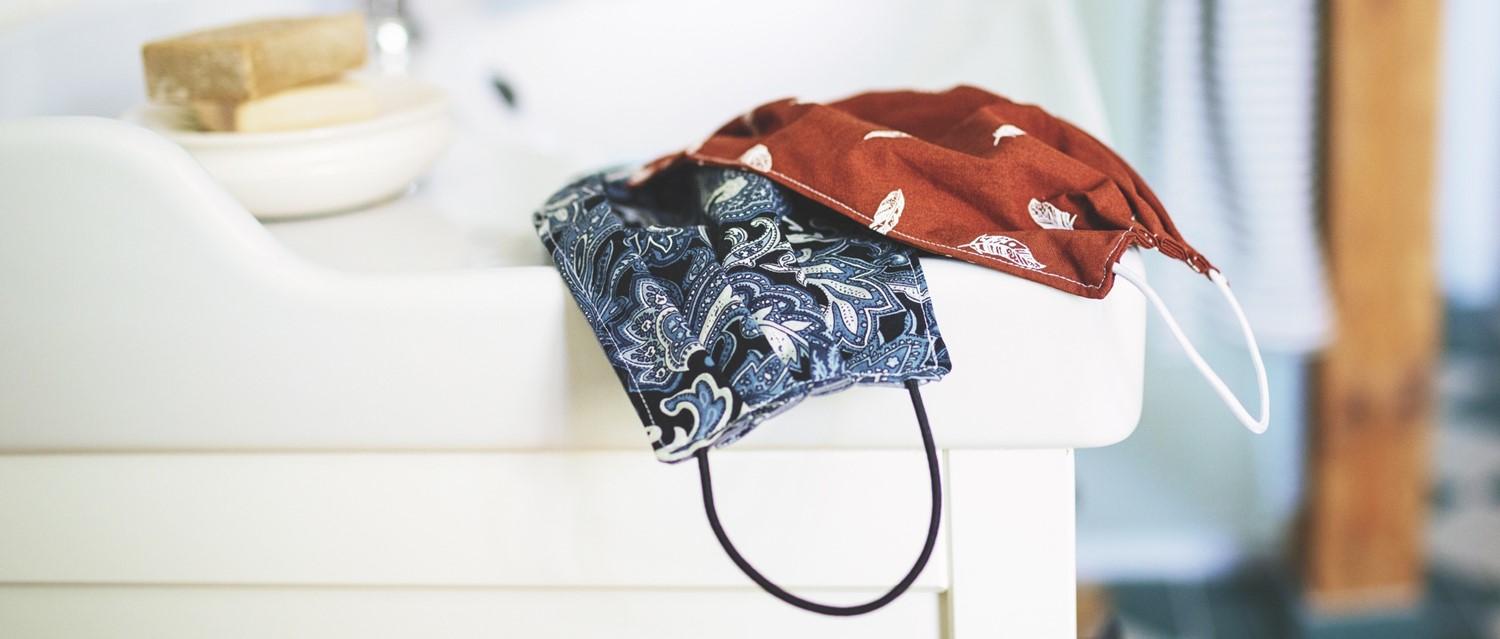
How to reduce your risk of DIY injuries during coronavirus lockdown
Peer reviewed by Dr Sarah Jarvis MBE, FRCGPLast updated by Gillian HarveyLast updated 1 May 2020
Meets Patient’s editorial guidelines
- DownloadDownload
- Share
- Language
- Discussion
If you're stuck indoors or furloughed from your job because of the coronavirus pandemic, it can be difficult to know how to fill your day. For some, enforced time at home may provide the opportunity for long-neglected DIY jobs. But the last thing you need is to end up at A&E. We look at how to avoid accidents during COVID-19 lockdown.
In this article:
Use Patient's coronavirus checker tool if you have any symptoms of fever or a new cough. Until you have used the tool and been advised what action to take, please stay at home and avoid contact with other people.
To reduce your risk of injuries as much as possible, you should avoid DIY that carries any risk of injury, dangerous sports or extreme exercise as much as possible during the lockdown. If something is going to increase your risk of hurting yourself and isn't essential, it's not worth ending up in hospital for. Landing yourself in A&E will increase your chances of catching coronavirus and put further strain on the NHS.
That being said, there are occasionally things which need to be done or fixed urgently - but there are ways to make them safer.
Continue reading below
Carry out a risk assessment
When a professional is called in to do a job, one of the first things they will do is undertake a risk assessment. This doesn't necessarily mean filling in a complex form, but taking a moment to look at the job, the tools required and the working area is an invaluable way of identifying and eliminating potential risk.
"The problem with DIY is that people may just decide they want to get on with it," agrees health and safety consultant Natasha Wales-Dixon from SHE Advises. "This keenness to get things done is one of the reason there are so many accidents in the home."
Make sure equipment is in good working order
"Don't assume everything is going to be in good order," advises Wales-Dixon. "Check that cables haven't been nicked, that handles are fixed on. And if you don't have the right equipment and safety protection, don't attempt the job."
Check the work environment
It's important to check the area in which you're working and identify any hazards, whether this is uneven ground or the fact that another person may disrupt our work. "At work you tend to have time and space," says Wales-Dixon. "But at home you have other things that distract you or get in the way. It's easy to leave something plugged in, for example, when you're not using it."
Get someone to supervise
If you have others in the house, it's worth asking someone to keep an eye on the work area and watch out for any hazards. "If you’re focused on standing on a ladder, drilling a hole, it's good to have someone keeping an eye out around you," advises Wales-Dixon.
If in doubt, don't do it!
The particular pressures of lockdown may mean that you're tempted to take a job you wouldn't ordinarily attempt, due to a combination of having the time, the inability to employ a tradesperson to carry out the work and the financial worry of having to pay someone to do it eventually.
"You have to ask yourself whether it's a task you're used to doing," explains Wales-Dixon. "For example, you may be clearing gutters lower down on your property and be tempted to do the top stuff. But there are a lot of factors to consider - weather conditions, ground stability and the content you might find in your gutters, for example."
Risk awareness
Every DIY task carries its own risk. Here are just some of the things to think about before you start attempting DIY in your own home.
Painting/putting up wallpaper
According to advisor and civil engineer Susan Francombe from The Business of Building, the first thing you should check when painting is ensuring you have adequate ventilation. You should also ensure you have a face-mask if you're carrying out any sanding, as inhaling dust and particles "can cause damage to the lungs and make you more susceptible to illness."
Using a ladder
Even if you're just stretching to the top of a wall, using a ladder can be dangerous. "Step-ladders are safest," explains Francombe. "But make sure they are close to where you are working. If you are tempted to lean - don’t! Move the ladder closer."
It's also important to "lock the safety spreader" on the ladder and ensure that the ladder is on "even ground". Finally, Francombe advises that you stay at least two rungs from the top of a stepladder and ensure you avoid working in doorways or other places where you might be knocked into.
Putting up shelves
Drilling into a wall blind is a complete no-no. "First, check you're not going to hit pipes or electrical cables," advises Francombe. "Invest in a cable detector that will find these before you start work." Francombe also advises that you ensure you have the right fixtures and fittings so that the shelf is adequately fixed and fit for purpose.
Laying flooring
"Whatever type of flooring you have, it will require cutting," explains Francombe. "If using laminate flooring you will be cutting using a saw. Make sure the piece you are cutting is held securely - invest in a sawhorse. Again, beware of dust and use a face mask and safety glasses. If using vinyl flooring you will be cutting with a craft knife - make sure that you are cutting away from yourself."
Electrics
It's essential that any electrical work is carried out by a trained professional. When in lockdown, it may be tempting to have a go yourself - but if you don't have the required skill and training, it's important you avoid this kind of work. "I wouldn't recommend doing your electrics at home unless you are competent with good electrical knowledge," agrees electrician Cathy Cockin from Little Miss Electrical. "I have seen work done by non-electricians that is really dangerous. I've also seen a full re-wire that was of a high standard done by a non-electrician - it's all based on your level of competence and understanding."
Continue reading below
Hiring a professional
While it's not business as usual, if you do need to engage a tradesperson to carry out essential work, they are still able to come to your house as long as they meet certain criteria. According to government guidelines, work can be carried out "provided that the tradesperson is well and has no symptoms" and Public Health England guidelines are maintained.
If you are isolating or shielded, a tradesperson can only attend for emergency works, under advice of Public Health England.
It's tempting to want to finish the DIY, or tackle a job that seems simple. But make sure you keep within your skill set and stick to safety guidance to ensure that you don't end up in A&E at this busy time.
Patient picks for Pandemic articles

COVID-19
How to maintain a healthy lifestyle during lockdown
COVID-19 has made some remarkable changes to our lifestyles. To cope with these sudden changes, many of us turned to our cupboards and ate and drank more while sitting at home. One year later, these habits have resulted in many of us feeling less fit than we were before the pandemic.
by Karine Patel, RD

COVID-19
What are the latest rules on face masks in the UK?
As rules ease slightly in some parts of the UK, new measures are introduced to keep us safe as our exposure to the outside world increases. One of these measures is wearing a face mask or covering which, in England, has become mandatory in some situations.
by Milly Evans
Continue reading below
Article history
The information on this page is peer reviewed by qualified clinicians.
1 May 2020 | Latest version

Ask, share, connect.
Browse discussions, ask questions, and share experiences across hundreds of health topics.

Feeling unwell?
Assess your symptoms online for free
Sign up to the Patient newsletter
Your weekly dose of clear, trustworthy health advice - written to help you feel informed, confident and in control.
By subscribing you accept our Privacy Policy. You can unsubscribe at any time. We never sell your data.